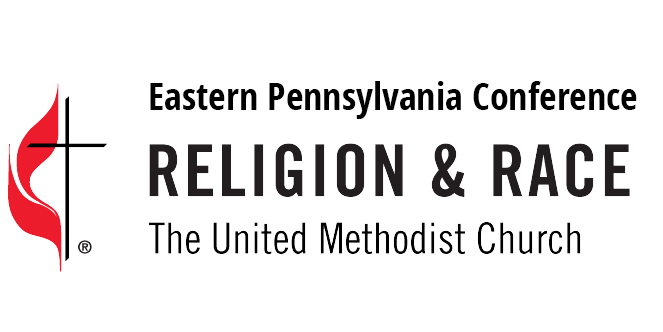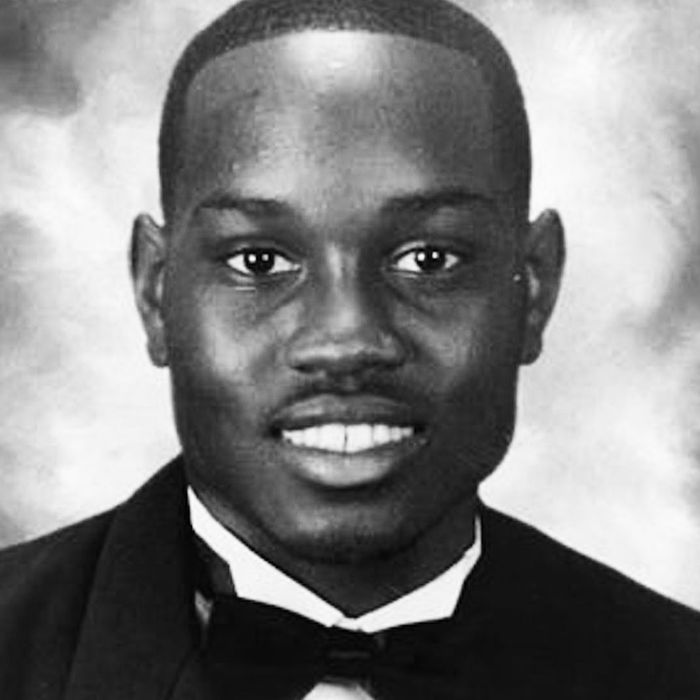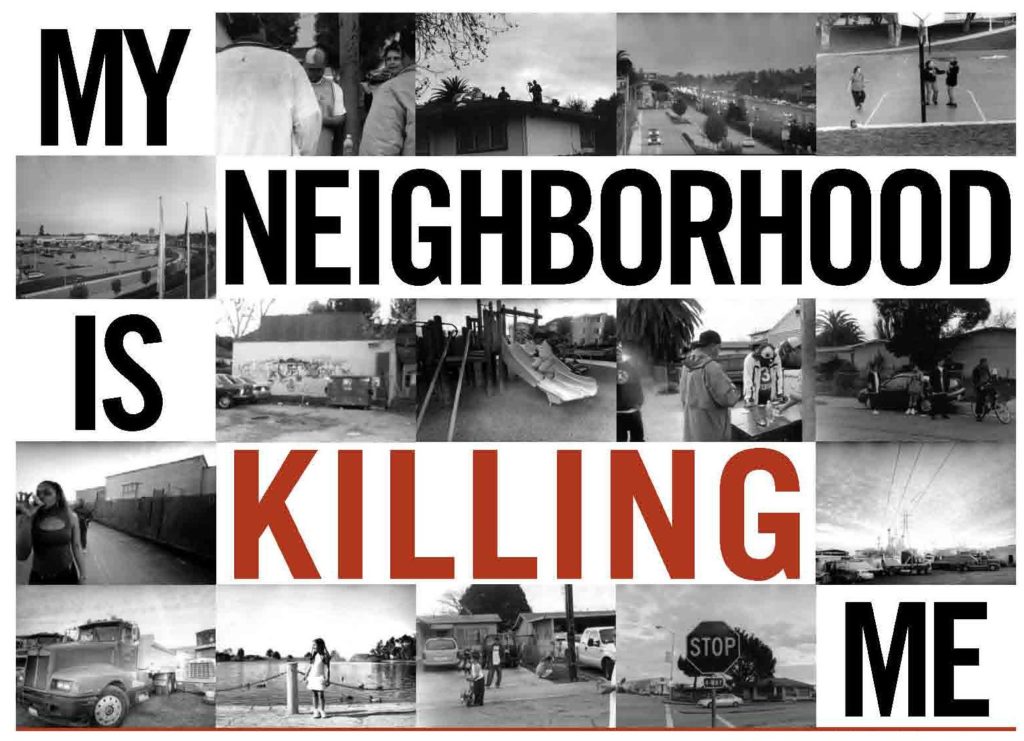
Eastern Pennsylvania Conference of The United Methodist Church
Co-chairpersons: the Rev. Susan Worrell and the Rev. Alicia Julia-Stanley
May 13, 2020
View and Download this Statement as a PDF
Enough Is Enough! A Call to Address Racism and Racial Violence

As the Eastern Pennsylvania Conference Commission on Religion and Race, we stand firmly in support of the joint statement released May 8, 2020, by the United Methodist Church’s General Commission on Religion and Race and General Board of Church and Society regarding the abhorrent miscarriage of justice in the vigilante shooting death of young Ahmaud Arbery. (See statement here.) This is yet one more attack and murder, one more lynching in a disgustingly long history of white supremacist violence against people of color in our society. The uncaring delay of law enforcement in charging and arresting the assailants is no less egregious.
We stand in solidarity with our responding general agencies, but today we also declare solidarity with all our neighbors, friends, colleagues, families, churches and communities of color who consistently endure hardship, oppression and terror based solely on their skin color and racial-ethnic origins. We cannot accept these actions as merely “the way things are.” We must put our faith into action and stand against injustice.
Furthermore, it is impossible to ignore recent reports of the disparity of COVID-19 infections and deaths from this pandemic among African Americans, Latinos, Native Americans and Asians—among all people of color.

We know of the inaccessibility to healthcare and inadequate medical attention. We know how environmental pollution afflicts especially communities of color who live in distressed and economically disadvantaged neighborhoods. That is where industrial complexes, waste management facilities and chemical plants spew toxins into the air and water, sickening families at a higher rate than where mostly white, wealthier families live. This too is violence against personhood.
We are learning the reality of the “essential workers” among us who are disproportionately people of color and are unable to secure a living wage or afford medical treatment when they become ill. Their low-paid, arduous, often dangerous jobs have long been considered by many to be lowly and undignified, and the workers are seen as unimportant, disposable and unworthy of the dignity afforded educated, socially acceptable and usually white members of society. This is white supremacy in action.
And yet, so much of our society is dependent on these workers right now. Many are serving as trash collectors, janitors, checkout clerks, cooks, maintenance crews, landscapers, and nursing home workers for elderly, disabled and medically fragile persons.
So, fellow United Methodists, what are we called to do about the stubborn sins of racism, white supremacy and classism in our churches and communities? How will we align our choices and lifestyles with our Wesleyan ethic of “Do Good, Do No Harm, and Stay in Love with God”?

How will we abide by the apostle Paul’s admonition to “to lead a life worthy of the calling to which you have been called, with all humility and gentleness, with patience, bearing with one another in love, making every effort to maintain the unity of the Spirit in the bond of peace”? (Ephesians 4:1b-3)
Our eyes have been opened, and the harsh realities of racism and racial violence have been exposed for all those who are willing to see, acknowledge and act on what the Lord requires of us: “To do justice, love mercy, and walk humbly with God.” (Micah 6:8).
So, what is the faithful, active response for our church and for each individual member? How might we follow the example of Jesus, who liberates and calls forth justice? In the words of Bishop Peggy Johnson, “Now more than ever, the people of God need to speak out about racism and injustice when and where we see it. One voice can make a real difference. Let your voice be heard!”
We share these resources to help persons, groups and churches take up this challenge to oppose racism:
• Stop Criminalizing Communities of Color in the United States, 2016 Book of Resolutions, #3379
• Opposition to Racial Profiling in the US, 2016 Book of Resolutions, #3377
• Bible Study: Kingdom Dreams, Violent Realities
• GCORR: Racial Justice Conversation Guide
